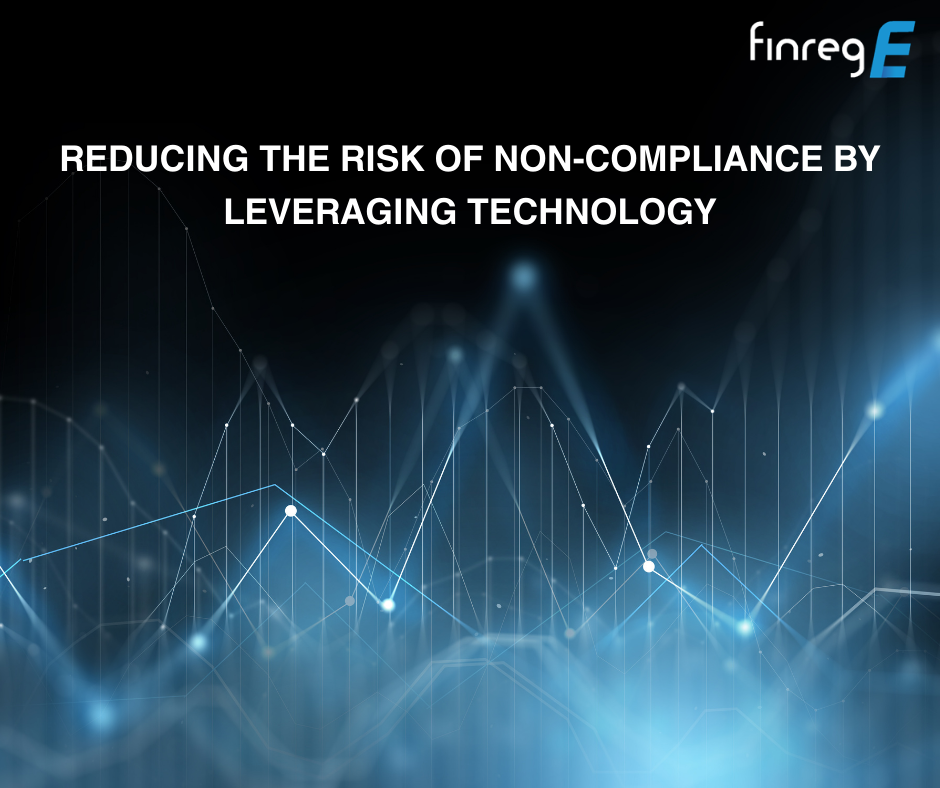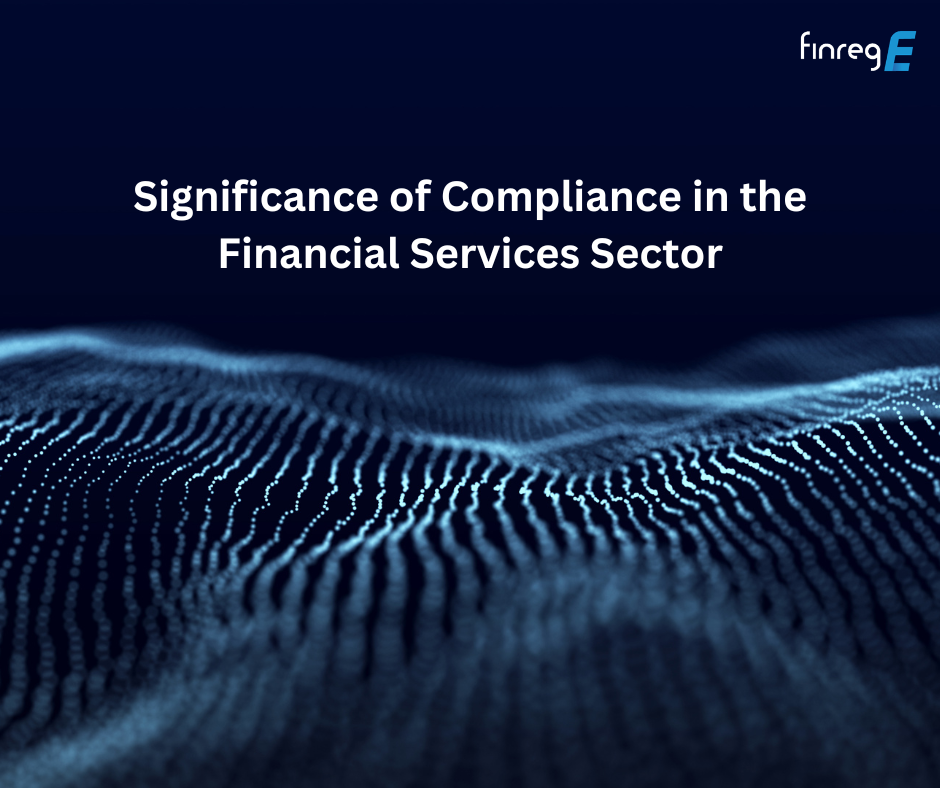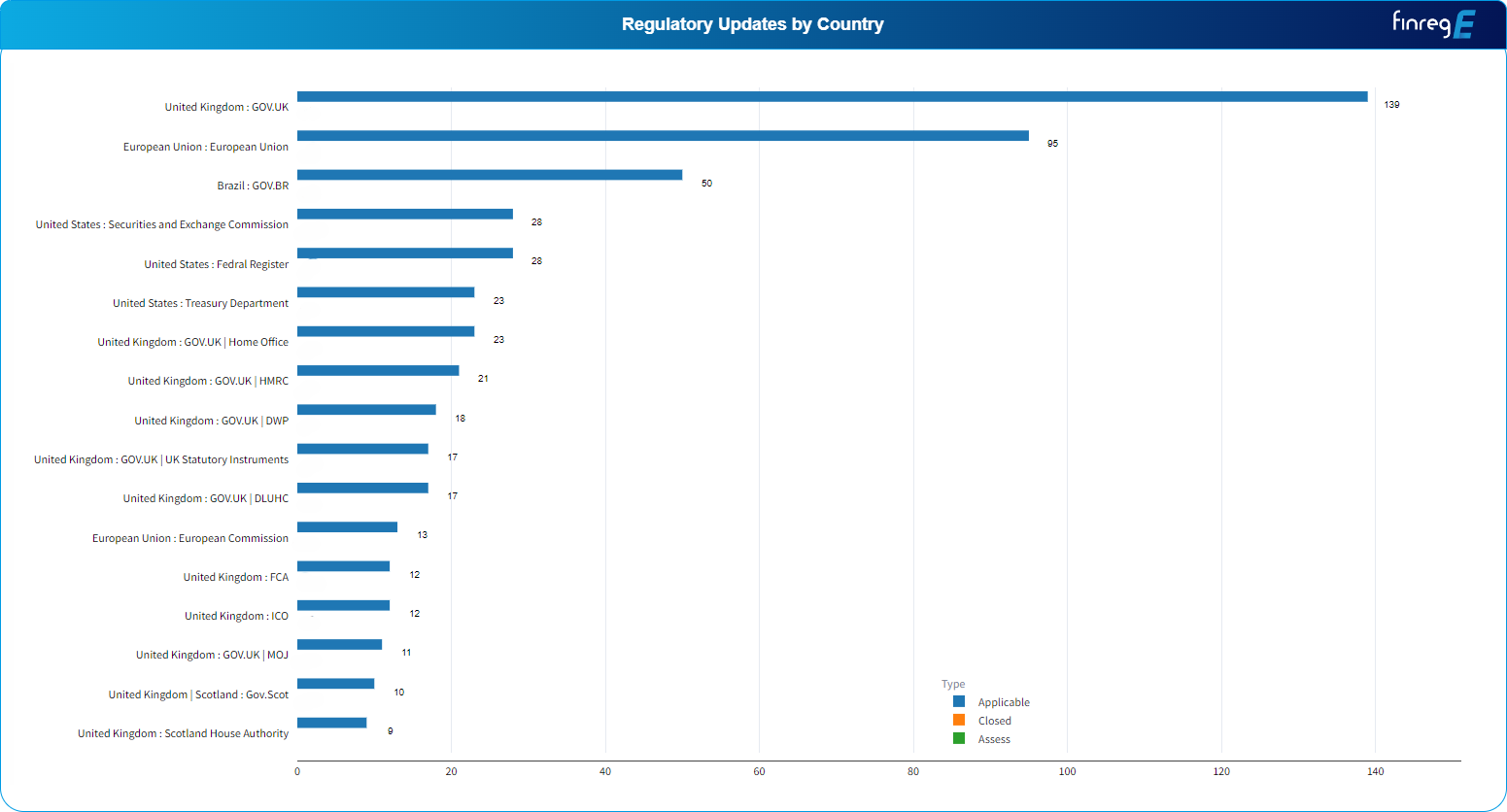Financial services regulators and supervisory authorities take actions against banks, insurers, and asset managers based via regulatory fines and enforcement when these financial institutions do not follow rules and regulatory requirements. Evidence of this is shown in the fines administered to UK financial institution paid – over £412 million in the last two years in fines due to overlooking or failing to comply with major introduced regulations.
Two dominant oversight themes driving penalties appear across the regulatory terrain:
- Failures while properly interpreting, integrating, tracking evolving regulations
- Inadequate governance and oversight infrastructure evidencing risk and compliance
Flawed Regulatory Compliance Catalyses Hefty Regulatory Fines
As regulations shift toward more subjective, principles-based formats, proper deciphering of expectations represents a growing pain point. Companies failing to dedicate resources to robust interpretation continue experiencing harsh consequences. For example, a UK regulator issued a bank fine to a US bank of over £48 million in 2023 with one of the reason being inadequate regulatory change management. The regulator expected “that firms take reasonable care to implement robust change management processes and controls that are designed so that any changes in the regulatory rules which require interpretation by firms do not impact upon the accuracy and completeness of the reported transactions.” Another US Bank was penalized nearly £18 million where the regulatory identified “certain key risks and issues, including regulatory change implementation”. Specifically, although not surprisingly, the regulator noted to the firm that “it is particularly important that the firm is effectively implementing regulations that impact the functionality of the markets in which it operates, in order maintain the integrity of the market.” Further the regulator also cited in the enforcement the lack of clear accountability and ownership of regulatory implementation projects and tasks at the bank.Compliance Automation Critical for Accountability
In tandem with interpretative failures, regulators continue citing financial services firms for compliance failures in infrastructure deficiencies, unable to sufficiently evidence risk management and oversight adherence. For instance, one bank saw their Chief Information Officer personally fined for failures to comply with requirements and standards of the regulatory system. With the introduction of Senior Manager and Conduct Regime in the UK and similar regimes across global regulators in Ireland, US and APAC, senior managers face growing personal accountability as regulatory oversight and expectations from regulatory and supervisory authorities. Falling short of supervisory standards now increasingly culminates in heavy scrutiny of governance deficiencies and risks ending senior careers. Such regulatory measures give regulators the power to sanction or disqualify senior managers for non-compliance events tied to their areas of managerial responsibility. Personal accountability for oversight failures is intensifying rapidly. Common regulatory exam triggers for potential senior manager breaches include:- Failing to properly comprehend evolving rules, guidance, expectations
- Inadequate governance controls and compliance surveillance
- Missed or misinterpreted regulatory changes leading to infractions
- Unable to evidence meeting supervisory standards




